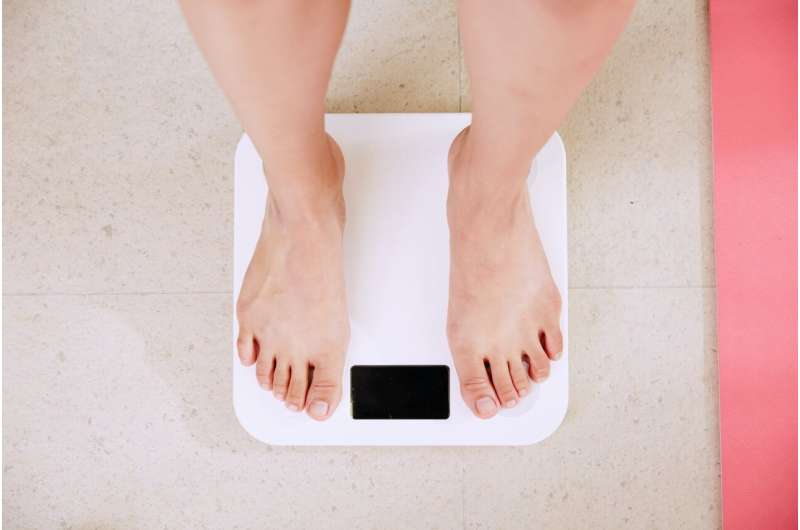Understanding the Challenges of Losing Belly Fat with PCOS and Effective Strategies

Tried numerous methods to shed stubborn belly fat without success? You're not alone. Many women find it especially challenging to lose belly fat due to underlying medical reasons, particularly when affected by Polycystic Ovary Syndrome (PCOS). Despite frequent online claims, understanding what constitutes a 'PCOS belly' and evidence-based approaches to managing it is crucial.
PCOS is a common hormonal disorder impacting roughly 10% of women of reproductive age, though many may not exhibit obvious symptoms. Characterized by elevated levels of male hormones like testosterone, women with PCOS often experience irregular menstrual cycles, fertility issues, acne, and increased body hair. The exact cause remains unknown, but genetics and environmental factors are believed to play significant roles.
The term 'PCOS belly' is commonly used to describe fat accumulation around the abdomen, primarily due to insulin resistance—a condition where the body's response to insulin is impaired. Insulin resistance causes the body to store excess glucose as fat, especially in the midsection, and can stimulate increased testosterone production, exacerbating PCOS symptoms. Women with PCOS tend to have more visceral fat—the deep fat surrounding internal organs—regardless of their overall weight. This type of fat is linked to higher health risks, including type 2 diabetes, heart disease, and metabolic syndrome.
Furthermore, women with PCOS often experience low-grade inflammation and elevated cortisol levels, which contribute to abdominal fat and insulin resistance. Recent research indicates that gut microbiome imbalances may also play a role, leading to digestive issues like bloating and irritable bowel syndrome.
While the challenges of managing PCOS-related belly fat are significant, they are not insurmountable. This fat is associated with greater health risks, but with the right holistic approach, women can effectively manage their condition. No diet or exercise plan is one-size-fits-all, but focusing on a balanced diet rich in whole foods, lean proteins, healthy fats, and low-glycemic carbs can improve hormonal balance and reduce inflammation.
Engaging in regular physical activity, including both moderate and high-intensity exercises, can improve insulin sensitivity and decrease testosterone levels. The NHS recommends at least 150 minutes of moderate activity weekly, complemented by strength training. Stress management techniques like yoga, meditation, and ensuring quality sleep are also vital, as stress and poor sleep can worsen hormonal imbalances.
Medicinal options, such as metformin, may be prescribed to enhance insulin sensitivity, while hormonal contraceptives can help regulate menstrual cycles. Supplements like inositol, vitamin D, coenzyme Q10, berberine, and L-carnitine show promise in managing insulin resistance and inflammation, but it’s important to consult healthcare professionals before starting any new treatments.
Ultimately, managing PCOS-related belly fat involves a comprehensive approach that incorporates nutrition, physical activity, stress reduction, and medical supervision. Each woman's journey with PCOS is unique, and collaborative support from healthcare providers can make a significant difference in improving health outcomes. Remember, supported by science and tailored to your needs, achieving better health is possible.
Stay Updated with Mia's Feed
Get the latest health & wellness insights delivered straight to your inbox.
Related Articles
Innovative Smart Insole Enhances Mobility for Individuals with Gait Challenges
A new smart insole embedded with flexible sensors offers a low-cost solution to improve balance and prevent falls in individuals with walking difficulties, potentially transforming gait monitoring and mobility support.
Artificial Intelligence Outperforms Doctors in Predicting Surgical Complications
Advanced AI models analyzing routine ECG tests can now predict postoperative complications with greater accuracy than traditional methods, potentially revolutionizing surgical risk assessment.
Research Reveals Communication Gaps and Emphasizes Shared Decision-Making in Lung Cancer Diagnosis
A recent study reveals significant communication gaps in lung cancer care across Europe, emphasizing the need for improved patient-provider dialogue and shared decision-making to enhance outcomes.



